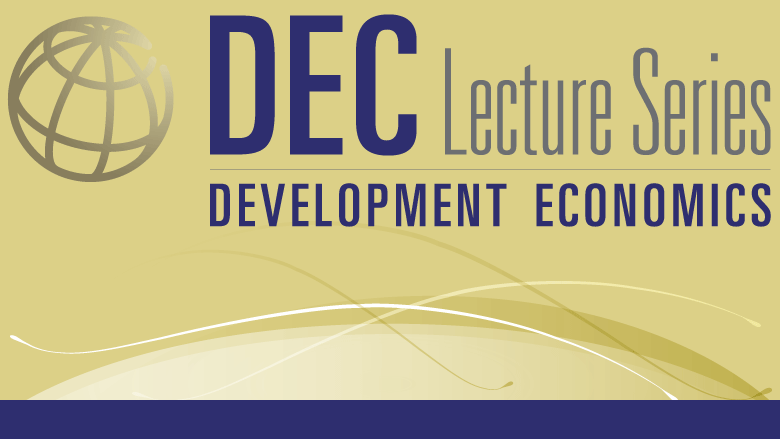
Raising Money for the State: Challenges of Taxation in Developing Countries
July 16, 2018
Washington, DC

-
Dina Pomeranz is an assistant professor at the University of Zurich. Prior to joining the University of Zurich, she was an assistant professor at the Harvard Business School, where she taught entrepreneurship for MBA
students, and a Post-Doctoral Fellow at the MIT's Poverty Action Lab. Her research focuses on public policies in developing countries, in particular in the areas of taxation and public procurement. She aims to contribute to the movement towards more evidence-based policy making, both in developing and economically more developed countries. Pomeranz is a faculty research fellow at the National Bureau of Economic Research (NBER), an affiliate professor at the Abdul Latif Jameel Poverty Action Lab (J-PAL), the Bureau for Research and Economic Analysis of Development (BREAD) and the Center for Economic Policy Research (CEPR), a non-residentfollow at the Center for Global Development (CGD) and a member of the International Growth Centre (IGC). -
No state can exist in the long term without effective taxation. To be able to execute its various roles, the state needs to acquire the capacity to enforce compliance with tax obligations. In developing countries, this task is far from obvious. Taxation is particularly challenging in less formalized economies, since it is difficult for the government to gain information about what taxable transactions actually occurred. One important source of information that governments rely on are paper trails by third parties, which document such transactions. This talk presents evidence from Chile and Ecuador on the power and limitations of such paper trails. It also discusses the challenges that can emerge as countries introduce the use of third-party reported information for tax enforcement. The evidence suggests that despite the (helpful) growth of computer-based monitoring using cross-checks of third-party information, strengthening the traditional enforcement capacity of developing country governments still remains crucial for effective tax collection.
-
The Development Economics Vice Presidency (DEC) launched its lecture series in April 2005 to bring distinguished academics to the Bank to present and discuss new knowledge on development. The purpose of the Lecture Series is to introduce ideas on
cutting edge research, challenge and contribute to the Bank's intellectual climate, and reexamine current development theories and practices. The Lectures revisit issues of long-standing concern and explore emerging issues that promise to be central to future development discourse. The Lecture Series reflects DEC’s commitment to intellectual leadership and openness in embracing future challenges to reduce poverty.The DEC Lecture Series is chaired by Shanta Devarajan, Acting WBG Chief Economist and Senior Director, Development Economics, and includes a presentation and floor discussion.
Please visit DEC Lecture Series to access additional information about this event series as well as presentation materials from past talks.
Lecture Details
- Date: July 16, 2018
- Time: 12:30 – 2:00 PM
- Venue: MC 13-121